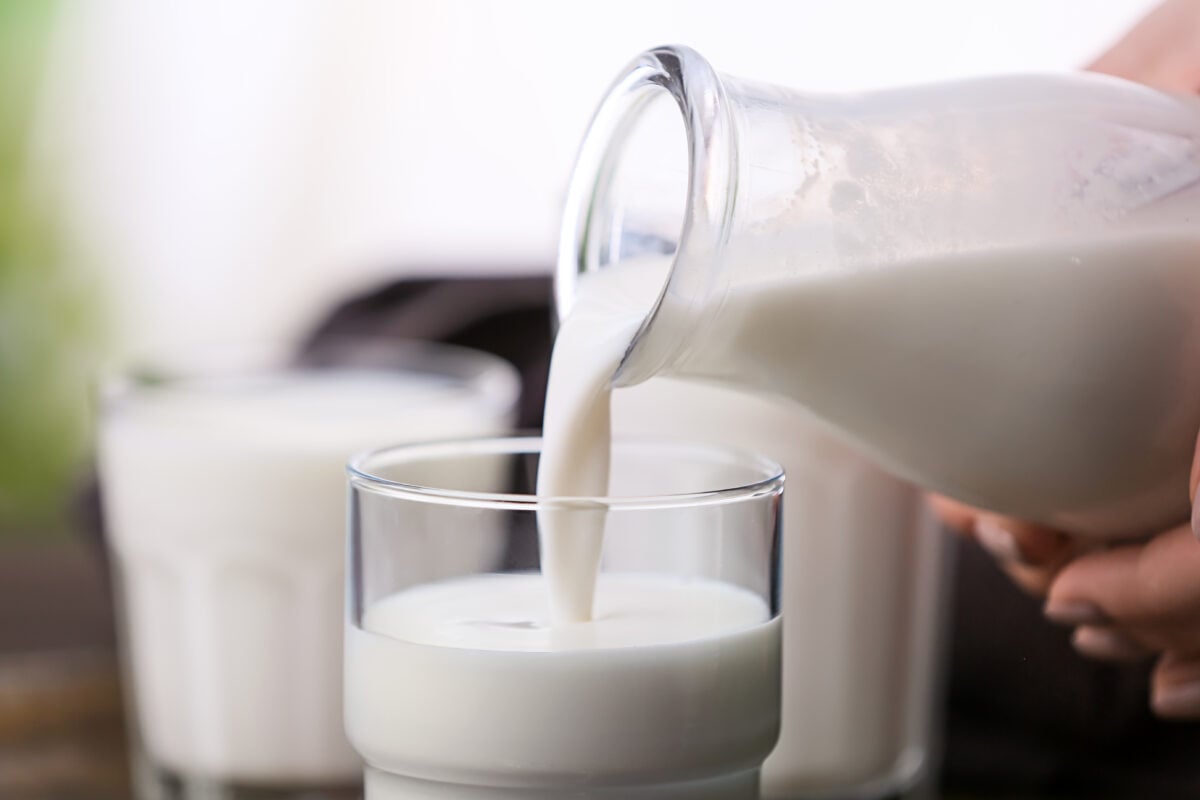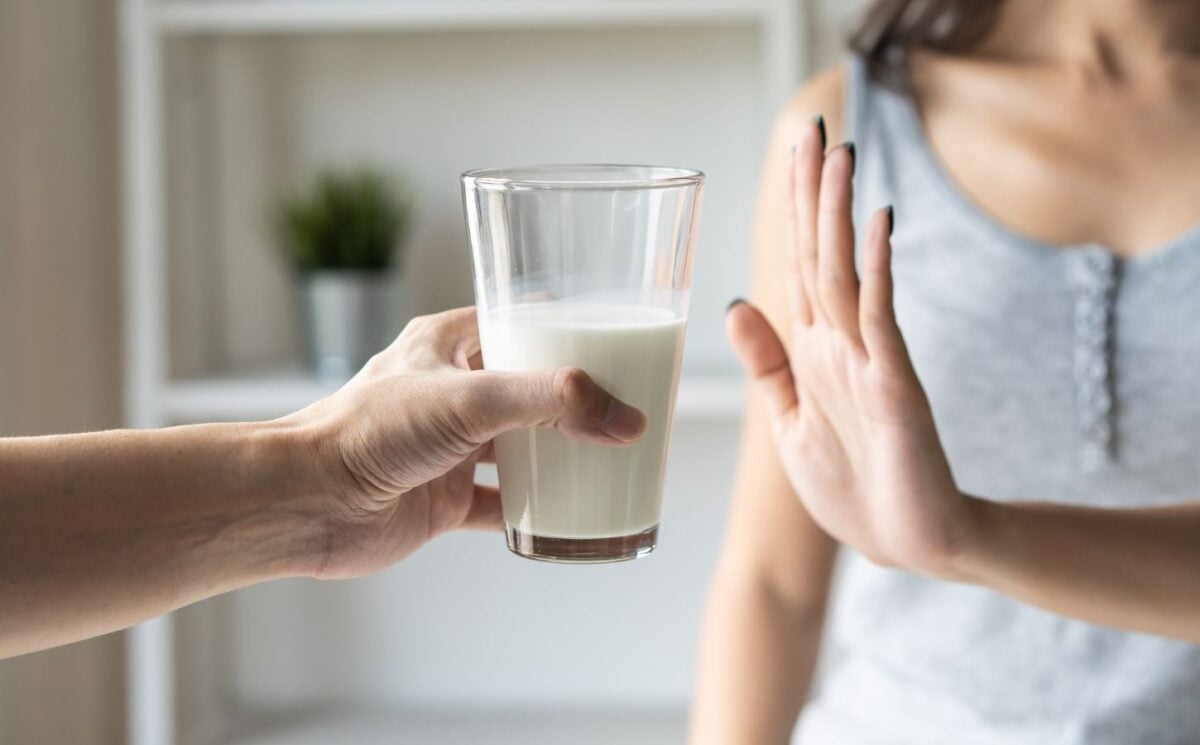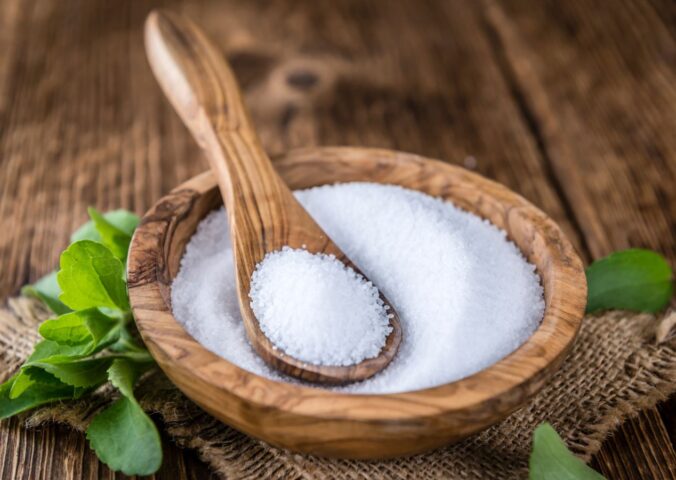This week, multiple media publications have published articles stating that drinking a glass of milk a day lowers the risk of bowel cancer.
A number of headlines proclaimed that doing so could reduce risk by a fifth. One questioned whether we should “drink more” milk in light of the findings.
The reports were based on a joint study from the University of Oxford and Cancer Research UK that did indeed indicate that drinking a glass of milk may cut bowel cancer by around 17 percent. There is, however, more to the story.
Calcium, not just dairy, lowers bowel cancer risk
Despite what the headlines may imply, the study did not find that dairy milk alone is linked to reduced risk. Crucially, it was calcium, not milk itself, that appeared to lower the risk. Fortified vegan milk and other plant-based calcium sources were also found to reduce the risk of bowel cancer.
The study was the largest ever of its kind. It looked into the diets of more than half a million women over 16 years of age. It found that those who consumed the equivalent levels of calcium as one glass of milk each day (300mg) had a lower risk. As well as dairy, this calcium comes from foods like soy milk, dark leafy greens, and bread.
“Calcium was found to have a similar effect in both dairy and non-dairy sources, suggesting that it was the main factor responsible for cutting risk,” Dr Keren Papier, the first author of the study and a senior nutritional epidemiologist at the University of Oxford, said of the findings.
The study also found that red and processed red meat were linked to increased risk of bowel cancer, adding yet more evidence to the huge body of research that links these foods to the disease. Processed red meat, like bacon and ham, is classified as a group one carcinogen by the World Health Organization, the same category as asbestos and tobacco smoking. Around one in five cases of bowel cancer are linked to processed red meat consumption. Despite this, a study published last year found that over half of Brits are unaware that eating processed meat is linked to the disease.
Read more: Scientist Responds To Steak And Butter Gal’s Claims About Plant-Based Diets
The problem with recommending dairy consumption

While drinking a glass of milk each day may lower the risk of bowel cancer, it may also increase your risk of other diseases. Some health experts argue, therefore, that it is best advised to acquire your calcium from the many plant-based sources available.
“We have known for a long while that higher intakes of calcium are associated with a lower risk of developing bowel cancer,” Dr Shireen Kassam, consultant hematologist and founder of Plant Based Health Professionals UK told Plant Based News. “As evidenced by this new paper, this is not a specific effect of cow’s dairy, it’s just that fact that dairy is a source of calcium, a mineral found in the soil.”
She went on to point out that up to 70 percent of the world’s population is lactose intolerant, meaning recommending dairy milk to reduce bowel cancer “is not an inclusive approach and would lead to distressing symptoms.”
Dr Kassam also stressed that higher consumption of dairy is associated with an increased risk of prostate cancer and possibly breast cancer. “In contrast, prioritising plant-based sources of calcium, of which there are many, would be a much healthier approach for improving cancer risk and cardiometabolic health,” she added.
Read more: Experts Recommend US Dietary Guidelines Prioritize Plant-Based Proteins






